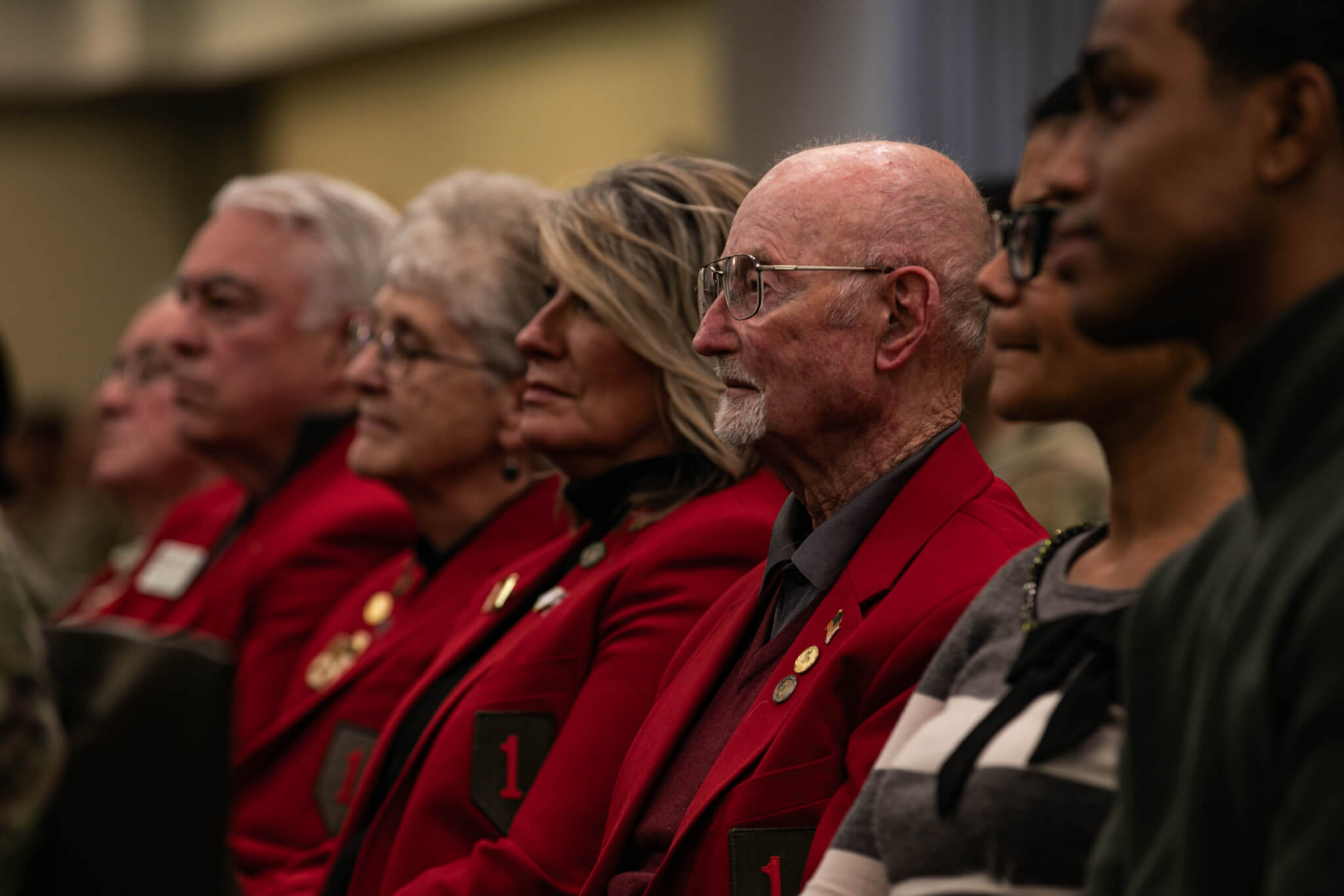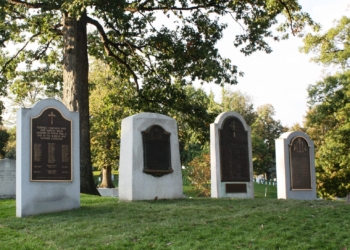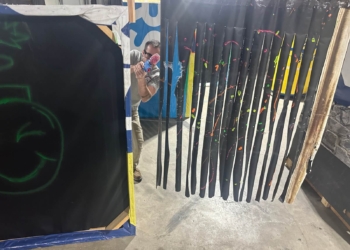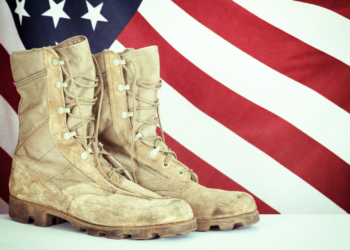In early January, the 1st Infantry Division command team at Fort Riley, Kansas, announced its “Year of Victory” campaign. This ongoing effort over the next 12 months will recount the storied history of the division, recognize its victorious past, and honor former and current soldiers.
Echoes from the past
According to the GoArmy.com website, the average enlistment of a soldier is from two to six years. Thus, many of those who served in the Big Red One never experienced combat, but they still did their part. BRO’s current Command Sgt. Major Derek Noyes said in the Year of Victory press release, “Victory doesn’t mean that we’re going to fight the enemy tomorrow or the next day, but what it should mean in this organization right now is what can I do in my little slice of this pie to make myself better and my soldiers better.”
Those words resonated with former BRO Sgt. Steven D. Schultz, who was stationed in Germany in the mid-1970s. Schultz served as a radio-teletype, Morse Code operator, and participated in two REFORGER (Return of Forces to Germany) exercises. As part of the 1st Infantry Division, specifically the 2nd Battalion, 33 Field Artillery at Wiley Barracks in Neu UIm, Schultz provided communication between the soldiers and military units in a variety of mediums including radio transmissions; teletype (similar to a typewriter); and the always-present beeping sounds of Morse Code messaging.
Military service results in hearing disability
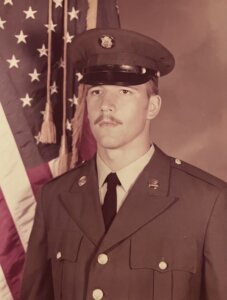
As a result of his military service, Schultz developed a profound hearing disability.
“This was due to my continued exposure to the damaging sounds of artillery pieces, the constant beeping of Morse Code while wearing headsets, and other equipment that exposed me to sounds that damaged my hearing. My disability also includes profound tinnitus (ringing in the ears) that makes hearing extremely difficult in most settings,” he said.
At present, Schultz has lost 90% of his hearing ability. Though his hearing gradually faded over the years, his devotion to country remained steadfast. After his military service, Schultz used the GI Bill to complete his master’s degree. This led to his being hired at Porterville Community College where he served as a counselor and then vice president of student services. While working at the school for more than three decades, it was his hearing loss that resulted in his eventual retirement.
Before Schultz retired though, he played an integral role in establishing a veterans resource center and veteran’s memorial. Part of a fundraising strategy to finance these projects included selling a brick to patrons that included the veteran’s name and military-related information. The bricks were then placed in a concrete floor or sidewalk leading up to the memorial site.
While the bricks revealed very little about each recipient’s military service, Schultz’s curiosity got the best of him. He began talking with local Vietnam War veterans about their service experiences.
“The more I spoke with them, the more they opened up and told fascinating stories,” he said. “They each had varying stories to tell, some good, some bad. But each of them spoke with emotion and honesty. These Vietnam War veterans had a certain part of American and world history to share, but many of them had kept that history locked up inside of them. Eventually, I decided to catalog their stories into a book titled, ‘We Marched Through Hell: A Rural High School’s Service in the Vietnam War and Life in its Aftermath.’”
The book published in 2020.
In all, 40 young men from the Porterville, California, area gave their lives in Vietnam. Schultz points out that at one point during the war, Porterville had the highest per capita death rate compared to other small towns in America.
Schultz emphasizes that the book was not just about their experiences in Vietnam, but also about their lives in the 60’s and what it was like to be drafted, and what their lives are like now, more than 50 years removed from their military service.
Final thoughts
In the wake of his personal challenges, Schultz was asked if he’d serve again in the military. His unwavering response: “Most definitely!”
“The military has provided me with lifelong friends, medical services for my physical needs, funds to allow me to go to school (GI Bill), and a certain respect among the citizens who support veterans. I never would have traveled as I did without the military. There is also a certain feeling of accomplishment when being called a ‘veteran,’ especially one that was a member of the Big Red One.”


